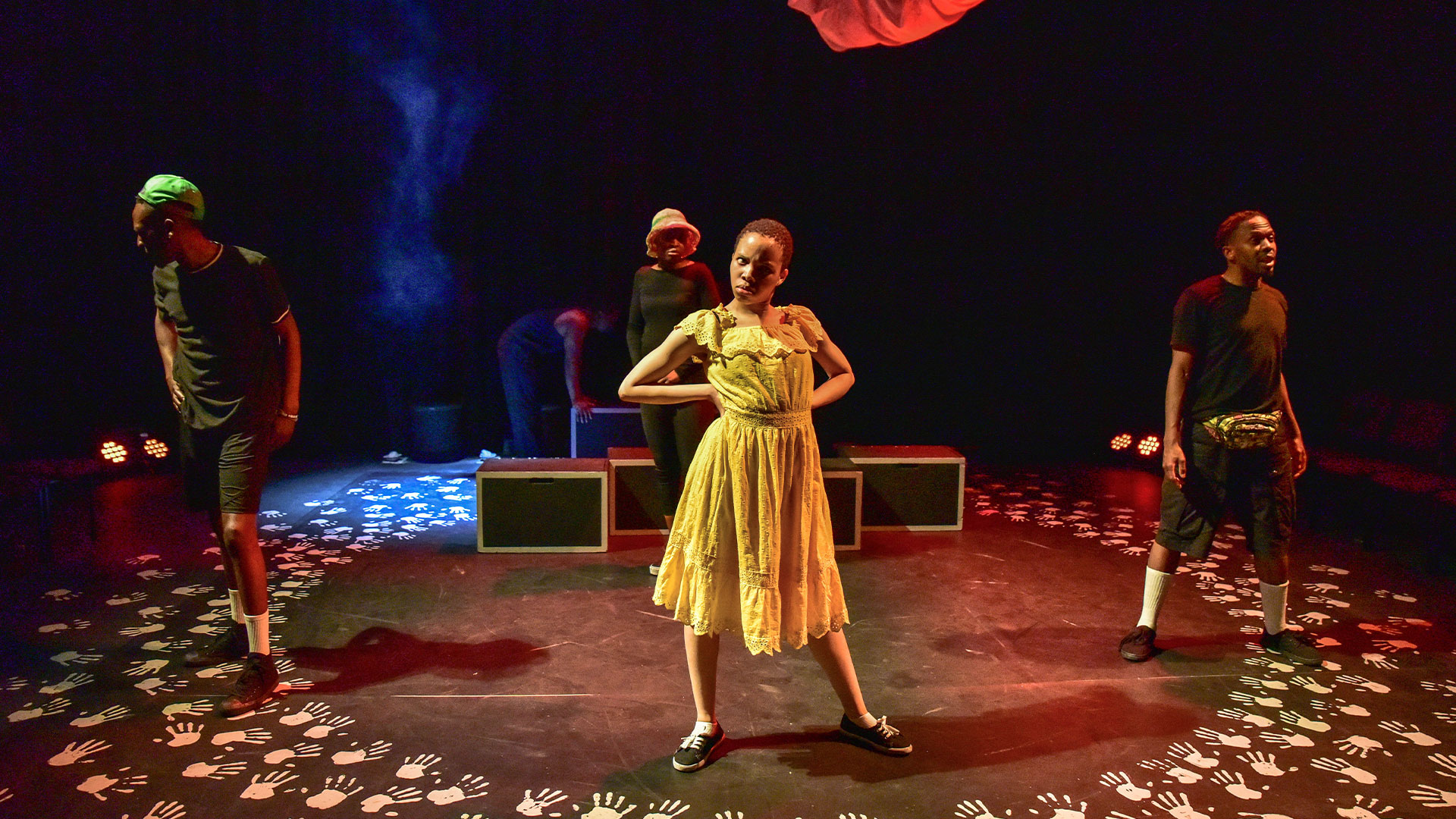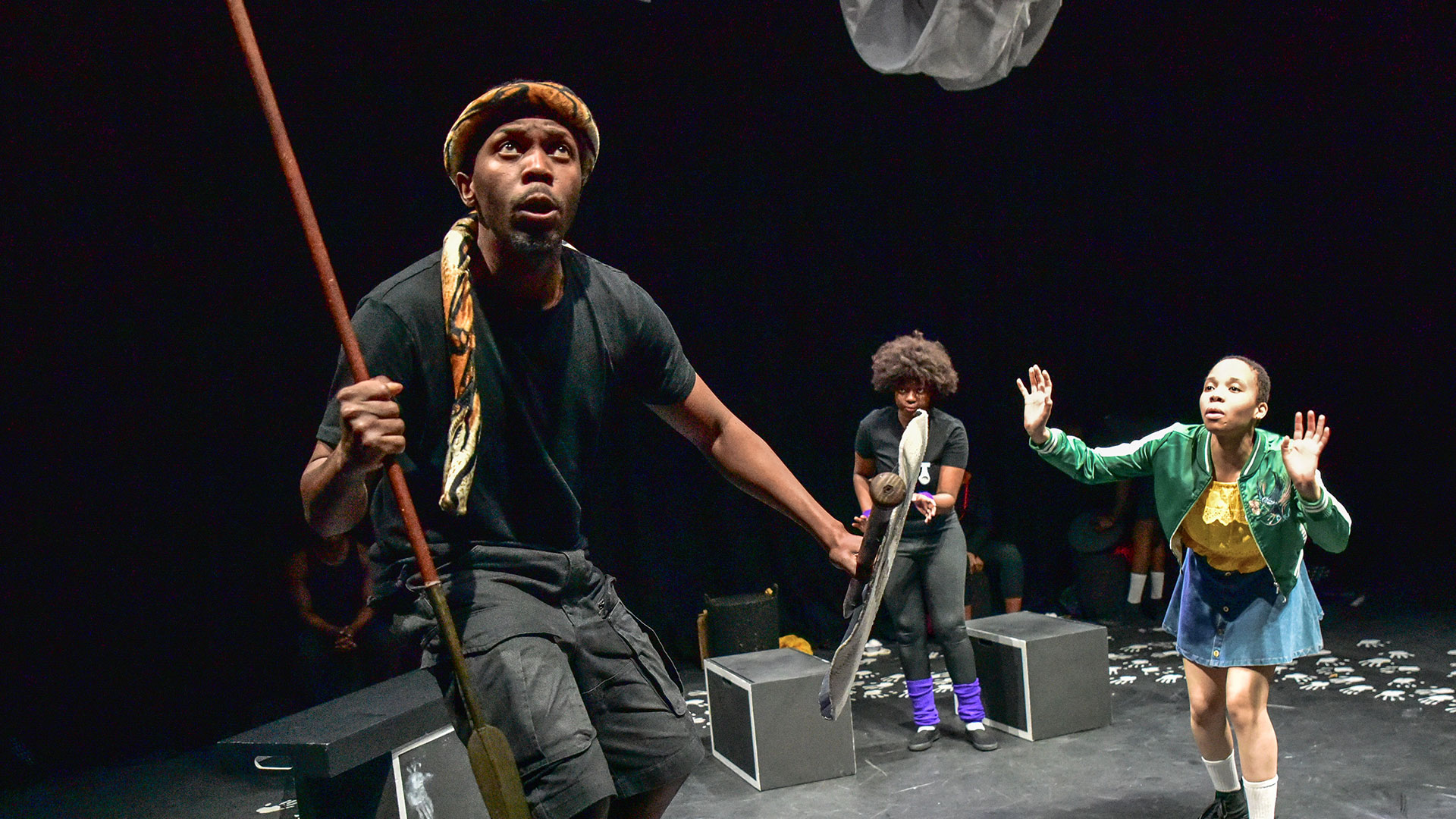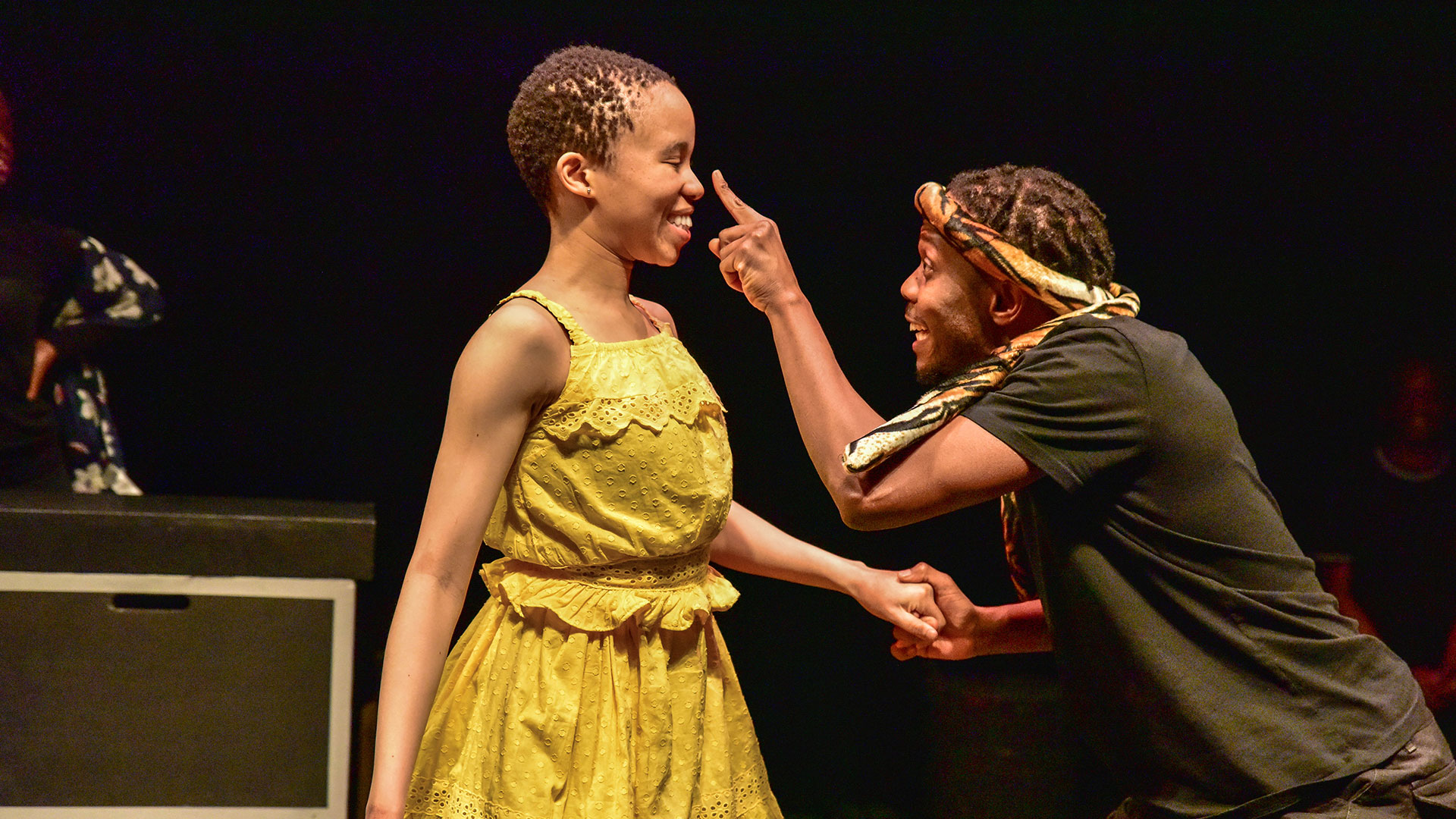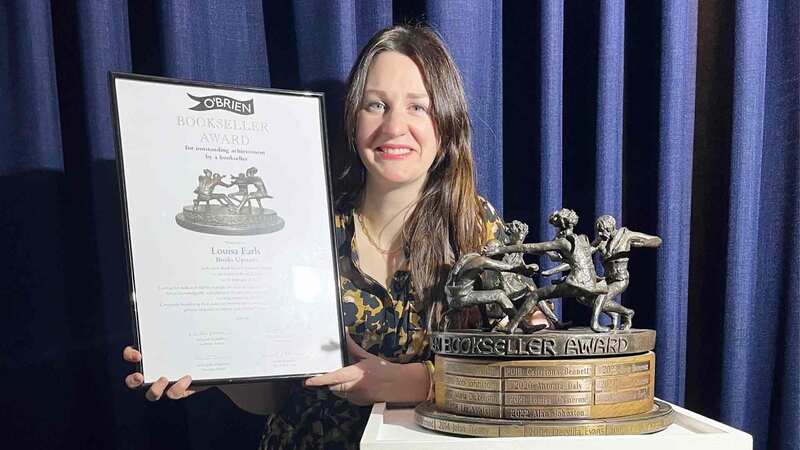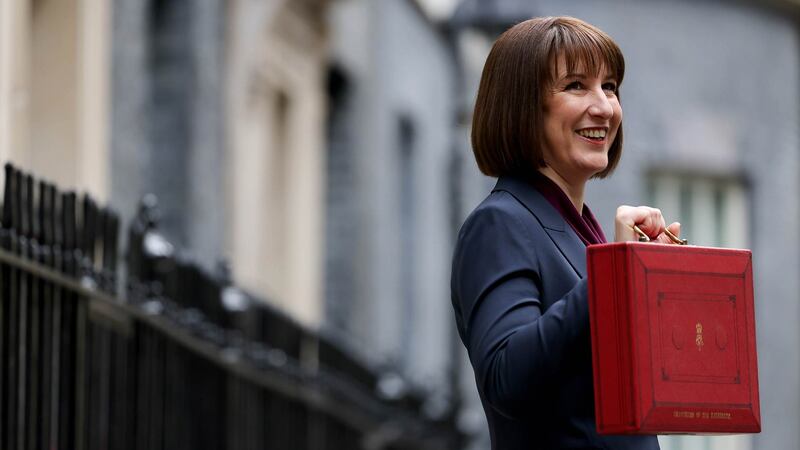You are viewing your 1 free article this month. Login to read more articles.
Classics overkill
Do we really need more adaptations of canonical novels, when there are so many fresh stories out there?
In her review of Leeds Playhouse’s recent production of Lord of the Flies, Guardian critic Catherine Love commented: “In many ways this is safe programming, certain to attract school groups.” Though she goes on to praise Amy Leach’s production of the William Golding novel for its “distinctly modern flavour", the presence of a book on a GCSE reading lists is a consideration when choosing which texts to bring to the stage. It’s been suggested that at least one of the factors that led to "The Woman in Black", adapted from the novel by Susan Hill, finally vacating the West End after 33 years was the decline in school parties.
Despite the government’s reprioritisation of the arts in education, a book’s presence on these lists no doubt remains an influencing factor. Perhaps less so for Bartlett Sher’s West End production of Harper Lee’s To Kill a Mockingbird, a Broadway import with a reworked text by Aaron Sorkin currently starring Matthew Modine as Atticus Finch — where top price tickets can top £200, though it is possible to snag a £30 ticket if you don’t mind a restricted view. But it’s likely a consideration in a new touring production of John Steinbeck’s Of Mice and Men, co-produced by Birmingham Rep and Leeds Playhouse and Fiery Angel, and directed by Iqbal Khan. In the show, Lennie is played by William Young, an actor with learning difficulties, and Khan’s production grapples with the more problematic aspects of the text. “It is through this convergence of a canonical text, problems and all, and the realness of the performers, that the production becomes strikingly compelling,” concluded Gareth Llyr Evans in the Guardian.
Even putting to one side the GCSE connection, it can sometimes feel like classic texts – and thus safe, or at least safer, bets — dominate the stage, even if the way these familiar stories are approached differs considerably. A new touring production of Wuthering Heights, created by theatre company Inspector Sands, and adapted by Ben Lewis and Lucinka Eisler, recently opened at the Royal and Derngate in Northampton.
The show contains “violence, peril, social awkwardness, exhilarating music, high winds and mud", according to the promotional material. The Guardian’s Arifa Akbar deemed it “gloriously inventive,” while the Times decreed “it makes Bronte boring.” This comes not all that long after Emma Rice’s irreverent, music-infused production of the Emily Bronte novel for her company Wise Children, featuring performance artist Lucy McCormick as Cathy, and Amy Sheridan’s atmospheric pre-pandemic version for the Royal Exchange in Manchester.
It can sometimes feel like classic texts – and thus safe, or at least safer, bets — dominate the stage, even if the way these familiar stories are approached differs considerably
Similarly, Polina Kalinina’s "Anna Karenina", adapted by Lesley Hart, opens later this summer, a co-production between Bristol Old Vic and Edinburgh Royal Lyceum (who previously partnered on the stage version of Joe Simpson’s Touching the Void). This follows a bold staging by Antony Lau for Sheffield’s Crucible Theatre last year. And having played the West End and scooped an Olivier award, Isobel McArthur’s rollicking "Pride and Prejudice* (*sort of)" can also be seen again in Bristol this month, though students hoping to brush up on their Austen should bear the ‘sort of’ in mind.
It’s understandable why theatres favour these titles, whether choosing to stage them faithfully or playfully. They are engrained in the culture after all, but it can sometimes feel a bit stifling, a bit predictable. Therefore, it’s refreshing when more recent titles get the stage treatment, when new stories get told, new voices get heard.
This spring will see a new production of We Need New Names, the Booker Prize-nominated novel by NoViolet Bulawayo, adapted by Mufaro Makubika and directed by Monique Touko. The book is a coming-of-age story set in Zimbabwe and America and Makubika has drawn on his own Zimbabwean background, working closely with Bulawayo to bring the sprit of the book to the stage and reflect the Zimbabwean experience. The show, which opens at Brixton House in London in May before touring, is a co-production between two East Midlands companies Fifth Word and New Perspectives, the latter also staged the acclaimed "The Fishermen", based on Chigozie Obioma’s Booker-shortlisted novel.
Finding new ways to animate and unpack the classics is something that theatre does extremely well. There’s value in making these stories feel relevant and contemporary, and introducing these texts to new audiences. In a cost-of-living crisis where everyone – theatres and audiences – is feeling the pinch, the pull of the familiar is understandable. But we also need to go beyond the canon if we also want a richness and variety of voices stories being told and to forge the classics of tomorrow.






